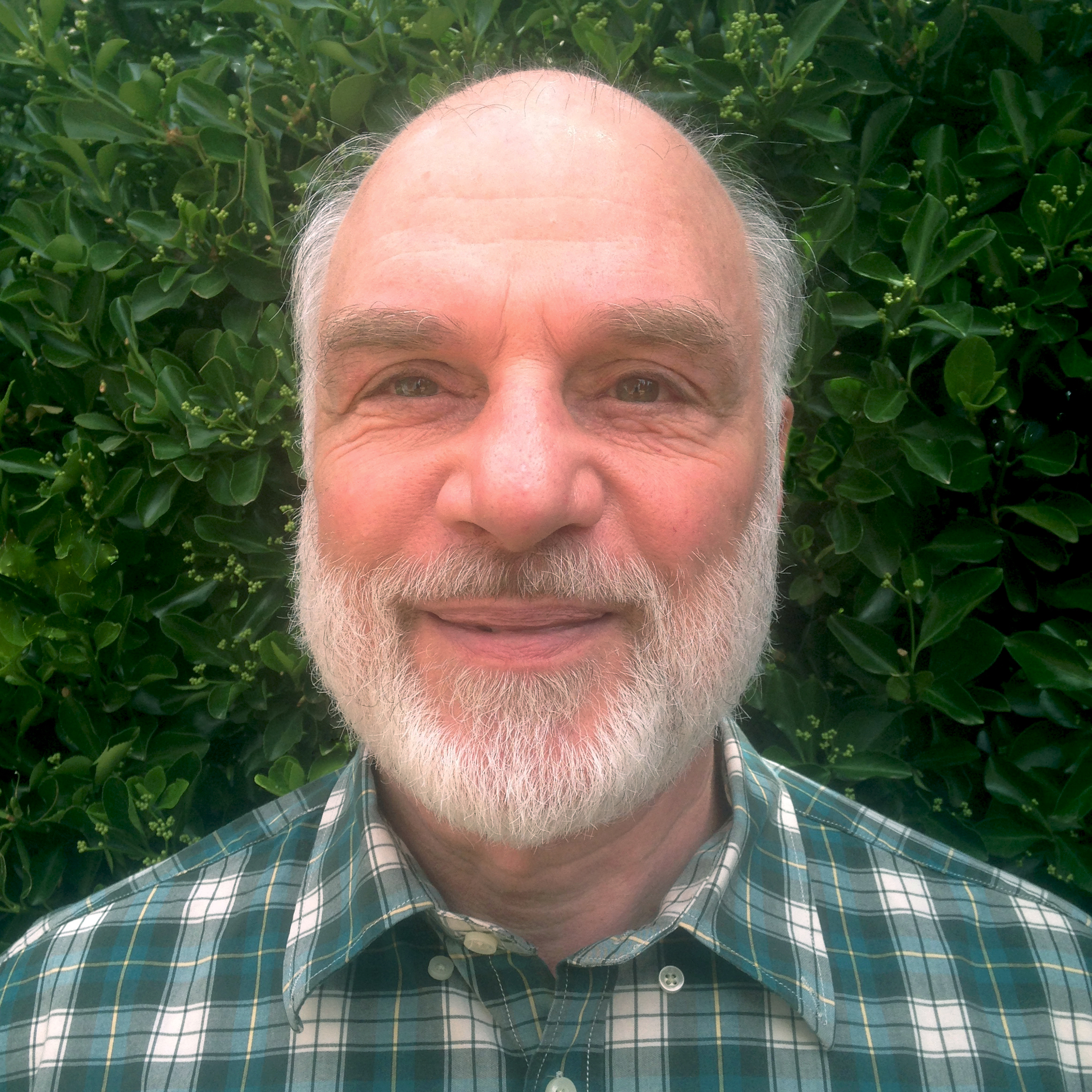Posted by Horton Tatarian, research biochemist, on 31st Aug 2017
How To Stay Healthy While Stressed

The puzzle of disease has been solved through the scientific identification of specific stress factors.
Excess Stress Causes Disease
How Stress Causes Disease Part 4 covers the following stress factors that can cause disease by damaging cells, and tissues, and organs.
- Excess Psychological Stress
- Inadequate Personal Care
- Environmental Disasters
- Toxic Matter and Energy
- Faulty Food Supply
- Infectious Agents
- Genetic Factors
Various degrees and combinations of the preceding factors converge to cause disease by overwhelming a common pathway, oxidative stress. For details about this process, see How Stress Causes Disease, beginning with Part 1.
Controllable Stress
Most of the damaging stresses in a person's life are theoretically manageable. However, in practice, people may require personalized education or other assistance to reduce or offset the seven factors listed above.
For example, to appreciate the fact that faulty genetics is not the primary cause for a family history of cancer, stroke, or another disease, a person must be willing to look beyond familiar concepts and be open to new information, such as stated in Epigenetics Overrules Genetics. Once that is done, it becomes possible to identify and control the stress factors that interfere with healthy gene function.
Are Disasters Avoidable?
Hurricane Harvey
Over the past several days, news media has covered the terrible consequences of record flooding caused by Hurricane Harvey's torrential rain. Concerns about excess psychological stress, inadequate personal care, environmental exposure, toxic chemical exposure, poor food and water supply, and infectious agents simultaneously converged in this massive crisis.
Homes resting on higher ground or built on pilings in the flood zone are surviving the flood without damage. Perhaps the owners suffered from prior floods or decided to eliminate the risk in advance. But Hurricane Harvey flooded vast areas rarely under water before. Who could anticipate this occurrence?
Recognition of Risk
In January of this year, 9 Threats To Your Health in 2017 covered the growing potential for this and similar environmental disasters. There will be additional, and more intense, disasters to come for coastal and low-elevation communities.
Nevertheless, promises and plans to rebuild these areas are already in place. Few people are aware of the significance of what is called "climate change." Fewer still are willing to recognize the many signs of impending earth changes that will occur due to earthquakes, volcanic activity, and other natural phenomena.
Realistic Expectations
Perhaps it is enough to hope that more people will learn about the stress factors that account for the growing prevalence of chronic disease and the current healthcare crisis. However, for reasons beyond the scope of this article, few people have access to this information or will accept guidance different from that sanctioned by government agencies.
Discerning Truth From Error
The avoidance of a disaster in the environment or within the mind or body rests upon a person's accessibility to, and discernment of, the truth of relevant information. Successful personal decisions require discerning truth from error.
However, today, fewer people appear to recognize and accept truths once considered self-evident. For example, some people question the moral truths stated in the Declaration of Independence.
"We hold these Truths to be self-evident, that all men are created equal, that they are endowed by their Creator with certain unalienable Rights, that among these are Life, Liberty and the pursuit of Happiness."; philosophically, these propositions' self-evidence is debatable. Reference
A person's ability to recognize and accept any truth as obvious or self-evident likely depends on his or her framework of existing values and beliefs, inquisitiveness, and dedication to pursuing and accepting truth.
About Horton Tatarian

I’m a biochemist who examines scientific findings on health and disease. My degree in biochemistry is from U.C. Berkeley. UCLA School of Medicine granted an M.D. degree in 1974. Since then, independent research prepared me to advise clients on natural ways of self-care.

